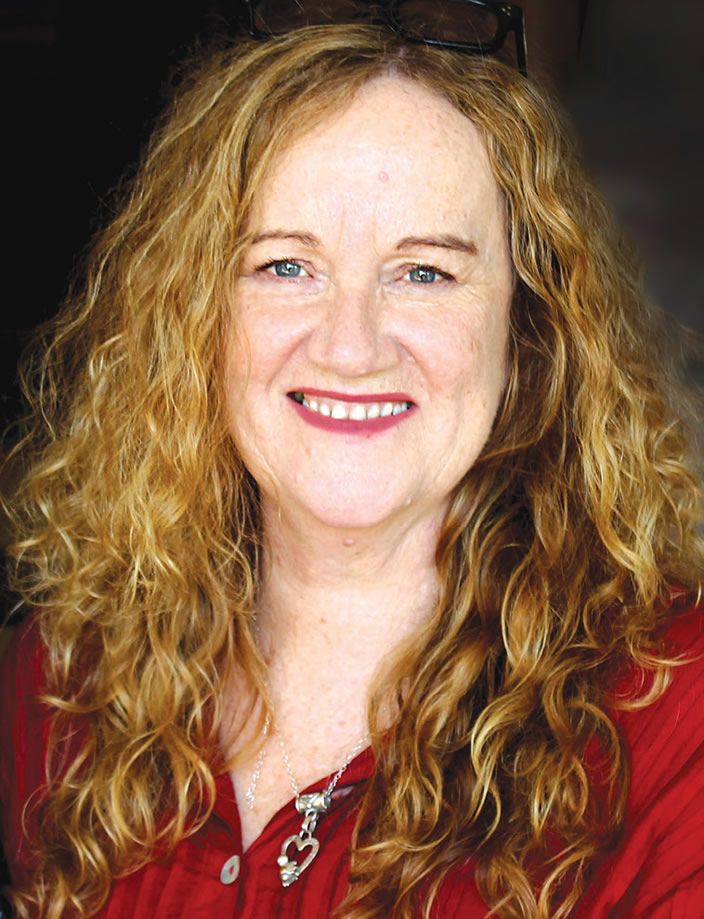
The head of Korowal School in the Blue Mountains, Barbara Fitzgerald, shares with journalist Monica Crouch how she steered her school through two major crises this year.
Korowal School, a K-12 school at Hazelbrook in the Blue Mountains, faced not one but two extraordinary challenges in 2020: bushfires and the COVID-19 pandemic.
“We started the year with a community on tenterhooks,” the Principal, Barbara Fitzgerald, said. “In the Blue Mountains, we spent summer in dense smoke, preparing to evacuate as the fires approached our towns, where hazard reduction lines broke and reading the wind direction became the new normal.”
Fitzgerald, who began her education career as a primary school teacher in Sydney before relocating to Melbourne where she studied acting at Victorian College of the Arts, joined Korowal in 1994 to teach HSC subjects and junior drama.
Over the years her teaching load increased; she was High School Coordinator for six years before becoming Principal in 2013. She has been an IEU member for 20 years.
Along comes COVID
While the fires mercifully left Korowal standing, the school community returned after the Christmas holidays feeling far from relaxed and ready for the new year. And before they could recover from this highly stressful summer, the COVID-19 pandemic descended.
“By the end of February, we needed to draw on all of our energy and reserves again as planning for remote schooling was upon us,” Fitzgerald said. “We had to create new systems throughout teaching and admin. By mid-March we were delivering home learning packages to primary school families, and high school was running Google Meets for classes online.”
It was an intense and challenging time for a leader, yet a recurrent theme in Fitzgerald’s response to these twin crises is “we”: she consistently recognises how the entire school community – teachers, support staff, students, families – came together.
“We were required to remain flexible, adapt to ever-changing circumstances, and adapt or totally rewrite programs for this new way of schooling,” Fitzgerald said.
“We needed to take into account what parents at home could cope with, as they too worked from home. Teachers made contact with individual families if our high school students appeared to be having difficulty working without supervision.”


































































































































